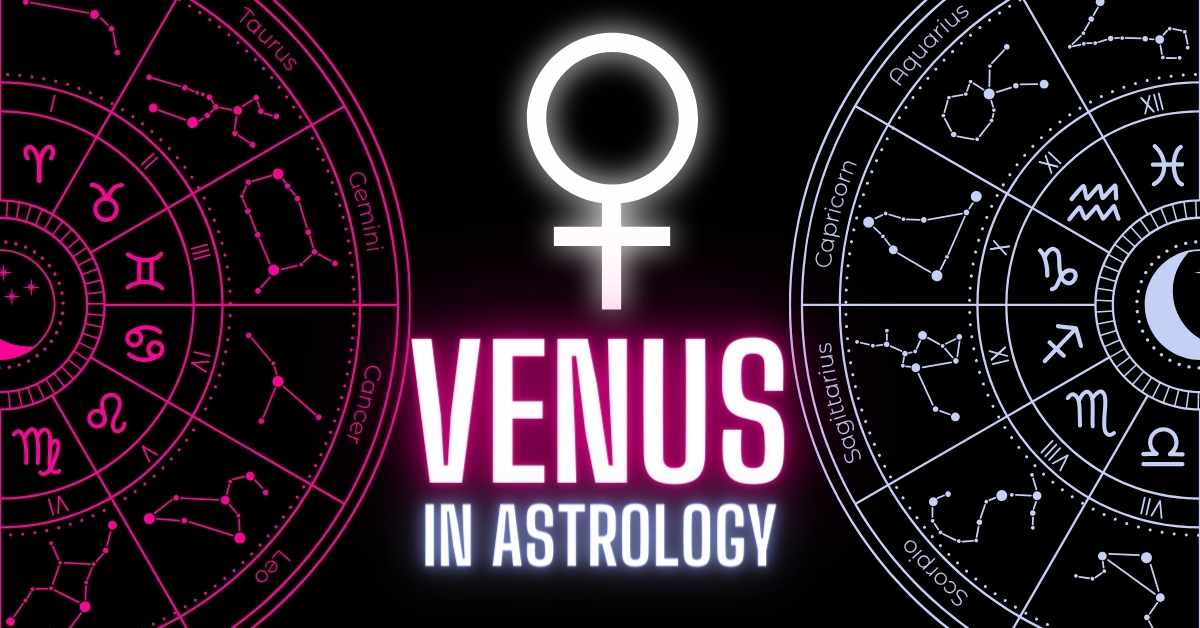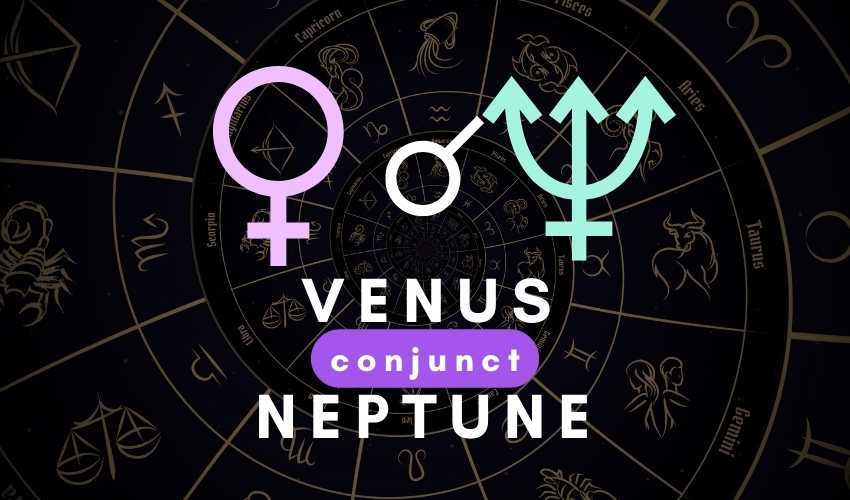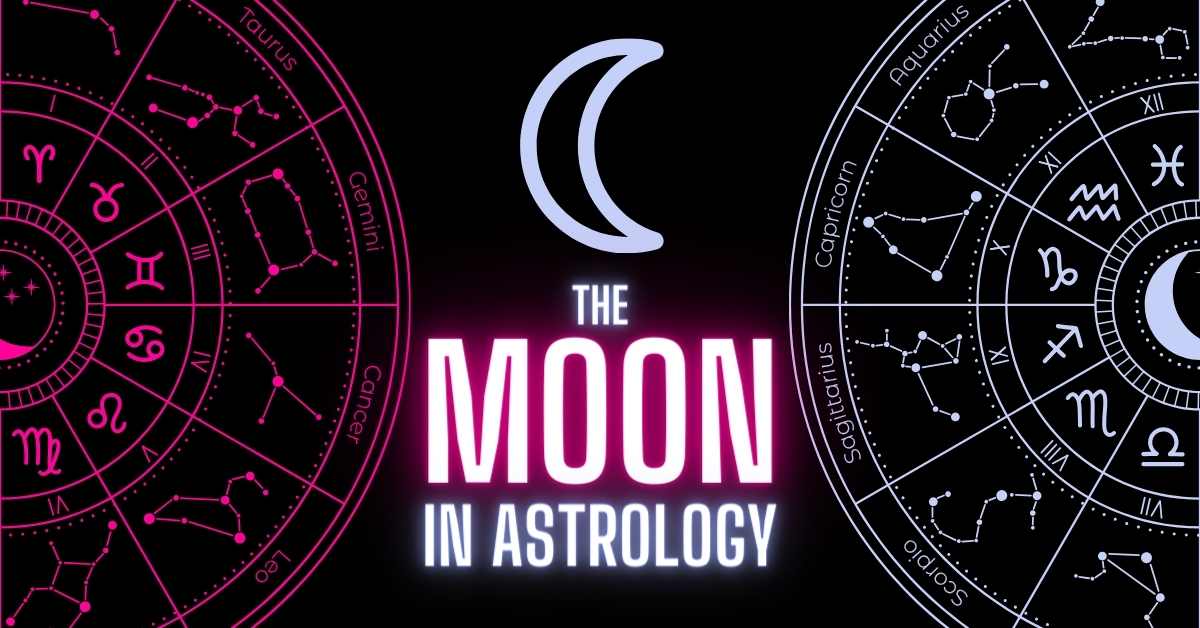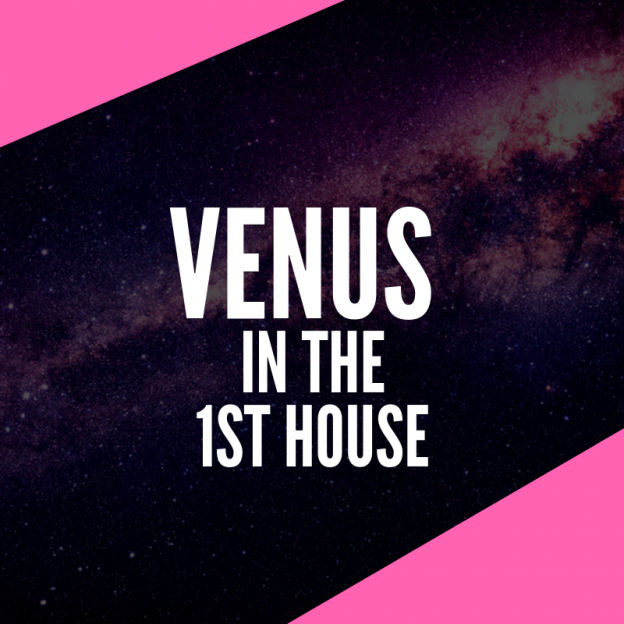Venus, often referred to as the planet of love and beauty, holds a profound significance in astrology. It represents the realm of our affections, pleasures, and aesthetic sensibilities. Venus governs our attitudes toward love and relationships, shaping our desires, values, and the way we attract others. It embodies the qualities of harmony, balance, and cooperation, which are essential in forming healthy and fulfilling connections with others.
Venus also guides our artistic inclinations, inspiring creativity and a keen appreciation for beauty in all its forms. Be it the warmth of romantic love, the allure of artistic expression, or the appreciation of the finer things in life, Venus plays a central role in the human experience, reflecting the ideals and aspirations that make life more delightful and harmonious. The sign and house in which it is placed dictates the style of expression and sector of life in which Venus exerts its influence.
The Venus Symbol in Astrology: ♀
The symbol for Venus in astrology is a graceful and timeless representation of the goddess of love and beauty. It takes the form of a circle atop a cross, which embodies the harmony and balance that Venus imparts to our relationships and aesthetic sensibilities. The circle represents the divine and the feminine, emphasizing the nurturing and receptive aspects of love.
The cross symbolizes matter, union, and earthly existence, emphasizing the tangible and practical aspects of love. Together, these elements encapsulate the essence of Venus, representing love, relationships, attraction, and aesthetic appreciation. The Venus symbol reminds us of the importance of cultivating beauty and harmony in our lives, fostering a deep connection to the principles of love and the joy of human connection.
Dignities of Venus:
Rules in: Taurus & Libra
Detriment in: Aries & Scorpio
Exalted in: Pisces
Fall in: Virgo
Key Qualities of Venus:
- love
- attractiveness
- beauty
- conscientiousness
- harmony
- support
- care
- peacefulness
- artistry
- romance
- cooperation
- kindness
- affection
- infatuation
- aesthetics
- relationships
- comfort
- leisure
- pleasure
- indulgence
- materialism
- superficiality
- charm
- luck
- creativity
- values
- virtue
The Dark Side of Venus in Astrology:
In astrology, the dark side of Venus lies in its potential for indulgence, superficiality, and over-dependence on external validation. When influenced negatively, Venus may lead individuals to prioritize materialism and outward appearances over the deeper, more meaningful aspects of love and connection. This can result in a tendency to seek love primarily for its superficial qualities, leading to issues such as excessive vanity, shallowness, and a fixation on material possessions.
It may also foster a need for constant admiration and flattery, making it challenging to form genuine and authentic connections with others. Recognizing and working with the shadow side of Venus involves shifting the focus from external validations to the internal qualities that truly nourish the soul, ultimately fostering more meaningful and authentic relationships. The nature of Venus love is a baser, carnal form to that of Neptune which constitutes a purer love that is divine, selfless and spiritual.
Venus in the Birth Chart:
In the astrological birth chart, Venus’s placement and aspects reveal key insights into our romantic tendencies and how we approach relationships. Whether it’s the passionate and adventurous love of Venus in Aries or the nurturing and family-oriented love of Venus in Cancer, each placement adds a unique shade to our love story. Venus also sheds light on our personal sense of style and aesthetics, influencing our preferences in fashion, art, and interior design. The presence of Venus in astrology invites us to explore the world of emotions, beauty, and human connection, reminding us of the importance of love, attraction, and the pursuit of what brings joy and harmony into our lives.
Venus as a Transit:
Venus as a transit brings a gentle and harmonious influence to our lives, encouraging us to explore the realms of love, beauty, and creativity. When Venus aligns with our natal planets or moves through our birth chart, it often marks a period of enhanced social interactions, romantic opportunities, and artistic inspiration. This influence infuses our relationships with warmth and affection, making it an excellent time for new love affairs, improved existing connections, and creative endeavors. Venus transits also offer a window of opportunity for financial growth and the pursuit of aesthetic pleasures. The effects of Venus as a transit encourage us to embrace the art of appreciation, whether it’s the charm of a budding romance, the allure of artistic expression, or the joy of creating a more beautiful and harmonious life.
Mythological Significance of Venus in Astrology:
In astrology, Venus draws deep inspiration from the enchanting myths of the goddess Aphrodite in Greek mythology and her Roman counterpart, Venus. Aphrodite, born from the sea foam, represents love, beauty, and desire, making Venus the planet of affection, creativity, and harmonious relationships in astrology. Mythology tells of her radiant presence and ability to inspire passion, sensuality, and artistic expression. The influence of Venus in the birth chart signifies our approach to love, relationships, aesthetics, and the pursuit of pleasure. It encapsulates our desires, values, and capacity to connect with others, reflecting the timeless allure of love and beauty that has fascinated humanity throughout history.
Astronomical Facts About Venus:
From a scientific perspective, Venus, also known as Earth’s “sister planet,” holds a unique place in our solar system. It is the second planet from the Sun and is often called the “morning star” or “evening star” due to its brilliant appearance in the dawn and dusk skies. Venus is comparable in size and composition to Earth, with a rocky surface marked by volcanoes, mountains, and vast plains. However, its atmosphere is incredibly dense, primarily composed of carbon dioxide, resulting in an extreme greenhouse effect that makes Venus the hottest planet in our solar system. Surface temperatures can reach scorching levels, making it inhospitable for human life. Venus’s scintillating presence in the night sky is a testament to its celestial allure, both in scientific observation and as a symbol of love and beauty in astrology.
Related Pages:
- Sun in Astrology
- Moon in Astrology
- Mercury in Astrology
- Mars in Astrology
- Jupiter in Astrology
- Saturn in Astrology
- Uranus in Astrology
- Neptune in Astrology
- Pluto in Astrology
- The Planets and Luminaries
- Planets In The 12 Astrology Houses
- Planets In The Signs
- Planetary Aspects
- Zodiac Constellations
- The 12 Houses in Astrology
- ISFJ and ISTJ in love: 5 Essential Dynamics of their Relationship - February 24, 2024
- ENTP and ENTJ in love: 6 Critical Dynamics of Their Relationship. - February 18, 2024
- ESTJ and ESFJ in love: 4 Key Aspects of their Relationship. - February 12, 2024





